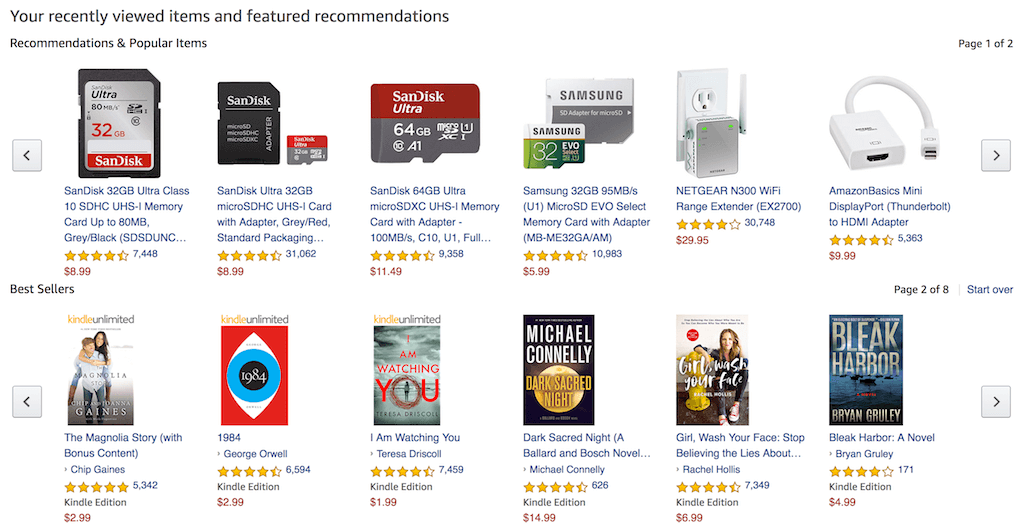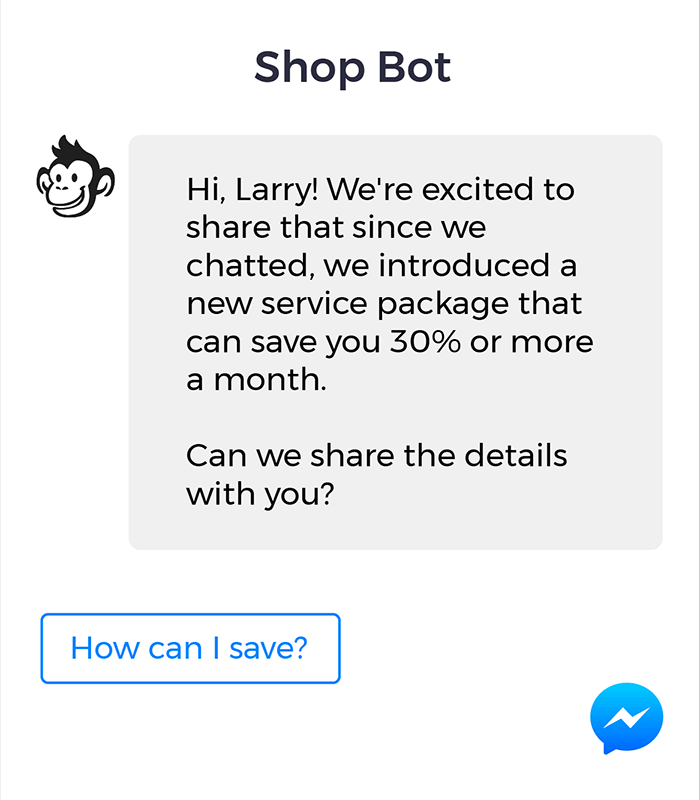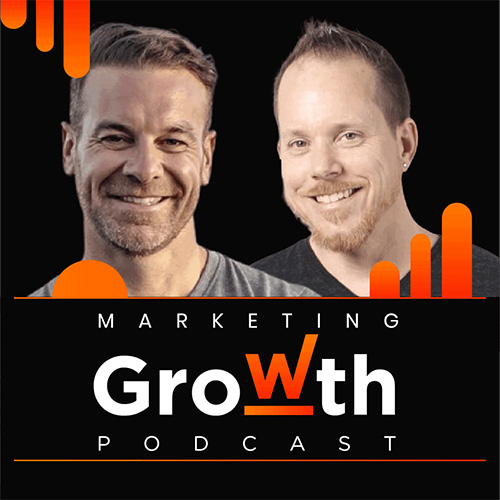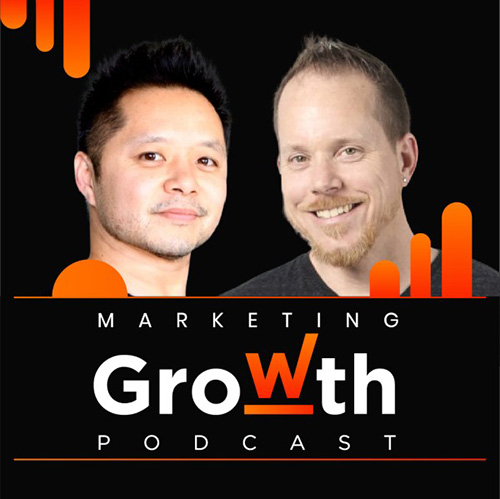Do you want to convert your website visitors into paying customers?
Do you want to improve your conversion rate?
Of course, you do!
Any marketer worth their salt would say yes to these questions.
The problem is that getting conversions is easier said than done. In fact, 53% of mobile phone users abandon a website if it takes longer than three seconds to load.
If you want to get more conversions, you need to engage your website visitors. You need to ensure that they have a good user experience.
That’s where conversion rate optimization (CRO) comes into play.
What Is Conversion Rate Optimization (CRO)?
Conversion rate optimization involves strategizing to increase the total number of site visitors who take action. Whether your goal is to get more subscriptions or to drive more sales, you need to focus on CRO. The key is to get more value out of your site traffic, not necessarily more visitors.
It involves understanding how your website visitors interact with your site and what is stopping them from taking action. CRO strategies leverage user data and analyze it to come up with innovative solutions to drive user action.
Why is CRO Important?
CRO can help you scale up your business and grow it to its true potential. If you’re not sure if you should invest in CRO, consider the benefits you can reap from it.
CRO can help:
- You understand your target audience in a better way
- Make your website more mobile-friendly and responsive
- Expect to boost your sales
- Reduce your total customer acquisition cost
- Improve your customer experience
- Accelerate your SEO efforts
CRO in 2020: Which Trends Should You Be Prepared For?
The thing about CRO is that it is very dynamic. The strategy that might have worked like a charm last year may not give you any results this year.
As digital marketing evolves, the way users interact with websites also changes continuously. If you want to develop a killer CRO strategy, you need to stay informed about the latest changes in the field.
So, which CRO trends are likely to steal the limelight in 2020? Justin Christianson, a CRO expert shares his insights on this subject in my podcast.
Here are the key points from our conversation:
1. Personalization Will Become More Popular
Personalization is key to improving your customer relationships. It is an integral part of any CRO. After all, CRO is all about making your website likable for your audience.
By leveraging personalization, you can show your audience what they might be interested in.
So, how can you use personalization for your website?
To begin with, you need to understand that all of your website visitors are looking for different things. So, a one-size-fits-all approach is pointless.
Instead, you should segment your audience into different categories. You can silo them based on location, activity level, funnel stage, interests, shopping stage, or even search queries.
Take a leaf from Amazon’s strategy. Not only do they welcome each user with their name, but they also give each user personalized recommendations.
Image via Amazon
2. Artificial Intelligence and Machine Learning Will Advance
AI and Machine Learning have the potential to change the face of all fields. CRO is no exception.
They are both forward-looking concepts that make it easier for brands to predict what the target audience wants.
With the power of AI and Machine Learning, brands can get insights into user behavior and communicate with customers more effectively. It equips them with the ability to be present at the right place at the right time.
If you know what your customers are likely to search for, you can target your ads smartly. In addition to this, you can give them tailored experiences to shorten your overall sales cycle.
Even though these technologies haven’t yet reached their full potential, there are major breakthroughs happening.
CRO tools like MobileMonkey, UberFlip, and Node leverage these technologies. They can be game-changers in the space.
Image via MobileMonkey
3. Longer Attribution Windows
In CRO terms, an attribution window is the total time period taken by a user to convert from the time they first visited a website.
Suppose you check out a new website today. You visit it again after you discover that it has an amazing discount going on. Still, you are not sure if you want to make a purchase.
On the third day, you finally buy a product from the website. In this case, your attribution window would be three days.
According to Justin, people are taking their time to research a brand, check out its reputation, and see if it’s worth their time. He says that typically users have interacted with a website on at least one online channel for more than six to seven times before they make a purchase.
Considering the changing trends, marketers need to tweak their strategy to accommodate longer attribution windows. It’s no longer about “Buy Now” only.
Instead, it’s about building brand awareness, reputation, and then selling your products. Marketers need to take into consideration the whole customer journey to form deeper relationships.
Conclusion
CRO is integral to the success of any online business. With optimization, you can drive sales and conversions. At the same time, you can boost your revenue.
Do you want to grow your business?
Then you can’t afford to neglect your CRO.
To stay ahead of your competitors, you need to stay updated. In 2020, you need to focus on personalization. To provide your users with a tailored experience, you can leverage tools that are aided by AI and Machine Learning.
While developing your CRO strategy, keep in mind that the attribution windows are getting longer. So, you need to come up with a long-term strategy to capture the attention of your audience.
For more insights on CRO, please check out the complete podcast episode.
Do you have any questions about CRO?
Please share them in the comments section. I’ll be happy to help you!
Do you have any insights or tips about conversion rate optimization to add? Please share your views in the comments section.

Shane Barker is a digital marketing consultant who specializes in influencer marketing, product launches, sales funnels, targeted traffic, and website conversions. He has consulted with Fortune 500 companies, influencers with digital products, and a number of A-List celebrities.









